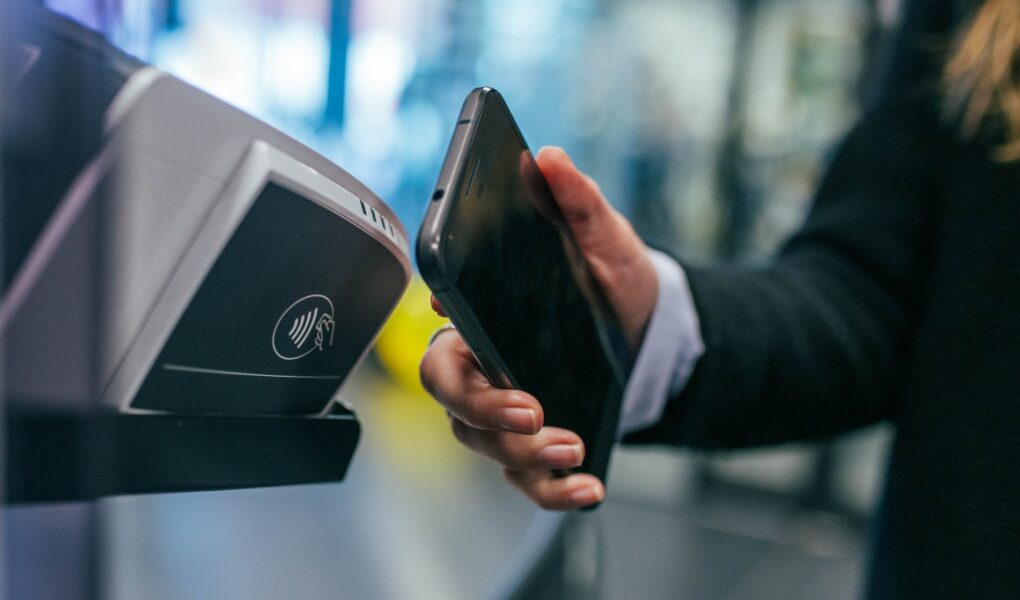There’s competition for cash in the digital age, and it’s not just credit cards. Alternative payments aren’t just knocking on the door; they’re here, changing how we buy and sell goods. Businesses should embrace this evolution rather than jump on it. We should look beyond the traditional till and think about pixels and peer-to-peer payments.
Understanding Alternative Payments
‘Alternative payment’ is an umbrella term that covers a bunch of different kinds of payment methods - mobile wallets like Apple Pay, Google Wallet, Bitcoins, and even local payment options. While this diversity makes life easier for customers, it also makes retailers fumble with choices. Why integrate alternative payments? Customers have the answer – literally. Retailers have to adapt or risk being left behind as smartphones become shopping carts. Alternative payments open up new markets and streamline the path to purchase, so you’ll sell more stuff. But it’s more than just being trendy; it’s about being accessible.
Benefits of Alternative Payments in Retail
It’s a game-changer for retail businesses to integrate alternative payments. The transaction fees are lower than with traditional cards and chargebacks are reduced, plus they have faster settlement times, so your cash flow is better. But there’s more to it than that. Personalized payment methods and faster checkouts make the customer experience better. For instance, river Island discount code is valid when using one payment app could entice customers, resulting in a smoother, more secure transaction.
Challenges and Solutions
The hurdles aren’t always easy when you’re adopting new payment technologies. You have to buy technology and train people, plus maintain compliance with security standards. But the long run is worth it. You want to start small and scale up. Choose one or two alternative payment methods that will work with your customers and integrate them into your payment system. Watch and measure how they’re getting used, and then you’ll gradually expand your options.
Security Concerns
Trust is the currency of the realm when money is involved. Customers want to know their transactions are safe. Retailers need to prioritize encryption, secure payment gateways, and fraud detection. Regular security audits and PCI DSS compliance aren’t optional; however, essential. One breach can hurt your reputation that you built years ago. Investing in robust security goes beyond protecting your transactions; it’s about protecting your brand.
Mobile Wallets and Apps
With mobile wallets, you don’t just have digital cash, you can carry loyalty cards, coupons, and ID cards, making them a great place to pay and market. Incorporating a mobile wallet strategy into your business model is about providing convenience; you can also use it for collecting data on spending habits, so you can target your marketing efforts more effectively. The deals on Love Discount Vouchers can be a good way to get mobile wallet users to adopt your app.
E-commerce and Online Payments
E-commerce isn’t just a segment of retail; for some, it is retail. The growth of online shopping has been nothing short of explosive, and with it, the need for diverse online payment options has soared. Online retailers can improve conversion rates by integrating alternative payment options. Customers’ satisfaction can be significantly improved by a seamless checkout process that includes multiple payment options. It means less time fumbling for card details and more time enjoying the shopping experience, which should end with a purchase.
Cryptocurrency: The Next Frontier?
Any forward-thinking retailer should be interested in cryptocurrencies, once a niche for techies. You don’t have to worry about currency exchange rates with them, and they offer lower transaction fees. However, the volatility is an issue. The solution? Use payment processors that convert cryptocurrencies instantly to your local currency, so you don’t have to worry about price fluctuations. You can accept cryptocurrencies without knowing anything about them.
Customer Loyalty and Retention
The checkout process is where you earn loyalty, too. If you offer flexibility and convenience, you’re not just selling a product; you’re providing a service. You don’t just get loyal customers on the shop floor; you get them loyal by offering alternative payment methods. A loyalty program that rewards customers for using a certain payment method can help build a sense of belonging and value. This combined with targeted discounts makes retention easy.
Future-Proofing Your Business
It’s hard to survive in the retail landscape because it’s constantly changing. Keeping up with payment trends and listening to customer preferences will help you stay on top of things. You have to invest in technology that can adapt to new payment methods. Getting future-ready is about building a platform that’s flexible enough to handle market changes. Today, being customer-ready is synonymous with being future-ready.
Conclusion
The retail world needs alternative payment solutions to grow. It’s about meeting customers where they’re and guiding them to where you want them – at the checkout, ready to buy. As the retail world spins into the future, your business needs to keep up. Be sure to offer payment options everyone will want.




